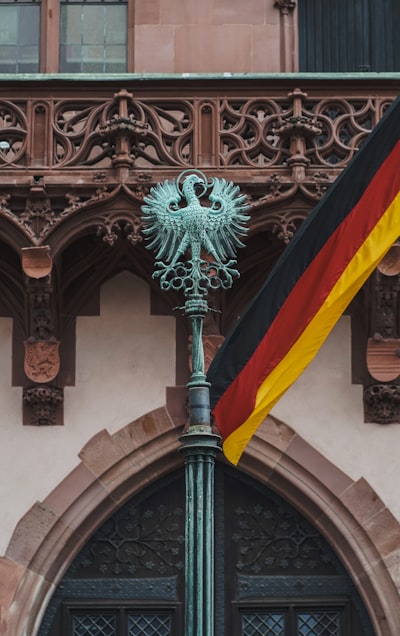Overview
German-Russian relations are a pivotal aspect of contemporary European and international geopolitics. Historically fluctuating between cooperation and tension, these bilateral relations have gained renewed attention amid shifting security dynamics, economic interdependence, and divergent positions on major world affairs.
Historical Context
After the Cold War, Germany emerged as a key player in efforts to integrate Russia into the structures of European security and economic cooperation. The 1990s saw significant German support for Russian reforms and broad economic engagement. However, key differences persisted regarding NATO enlargement and other security issues.
Economic Interdependence
Germany has been one of Russia’s most important trading partners, especially concerning energy imports. Russian natural gas and oil have played a significant role in fueling Germany’s economy. Notably, projects like the Nord Stream pipelines have both accelerated economic ties and generated controversy within the European Union, raising concerns over energy security and dependency.
Political and Security Issues
Relations have become increasingly strained since the early 2010s, especially following Russia's annexation of Crimea in 2014 and military interventions in Ukraine. Germany, within the EU and NATO framework, has supported sanctions against Russia and has advocated for a diplomatic resolution to conflicts involving Russia and its neighbors. Berlin has repeatedly voiced concerns over Russian activities interpreted as interference in German political processes and as threats to European security.
Russian Influence and Security Concerns
Recent years have seen heightened concerns in Germany and other European states over potential Russian hybrid operations, including cyber-attacks, espionage, and disinformation campaigns. German security agencies and political figures have warned of the potential direct and indirect threats posed by Russian activities on German soil, emphasizing the need for heightened vigilance and alliance solidarity within NATO.
Contemporary Developments
The Russian full-scale invasion of Ukraine in 2022 marked a significant shift in German foreign policy, leading to increased defense spending, support for Ukraine, and a reassessment of energy relations with Russia. Ongoing debates concern the balance between deterrence and dialogue, energy diversification, and the broader strategic orientation of German foreign policy in response to perceived Russian threats.
Conclusion
German-Russian relations remain a critical, complex, and evolving domain of European politics. The interplay of economic ties, security challenges, and political values continues to shape debates within Germany and impacts wider regional stability.

Comments
No comments yet. Be the first to comment!